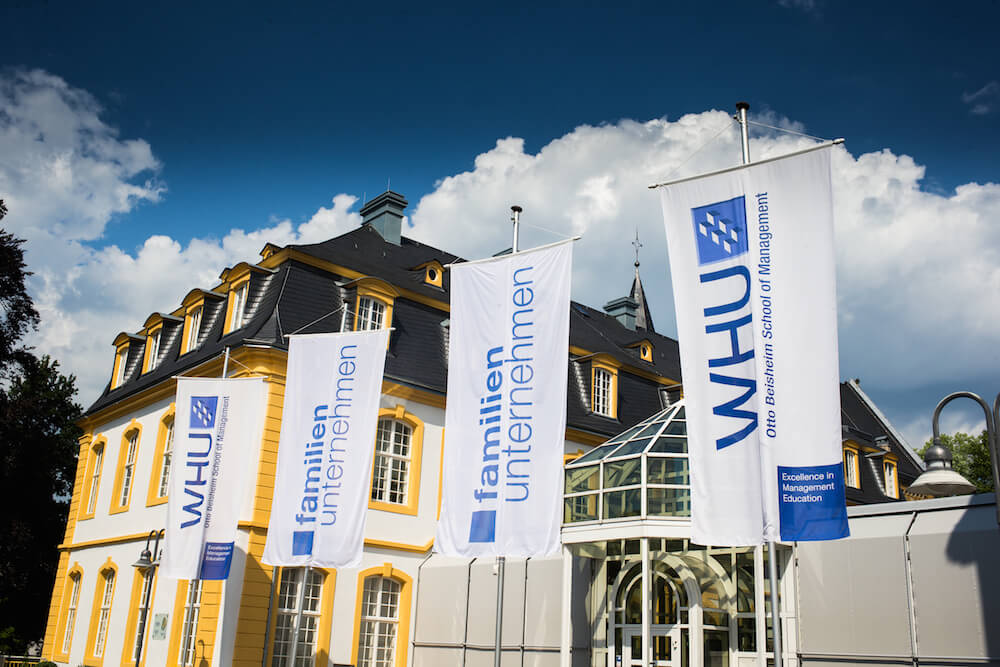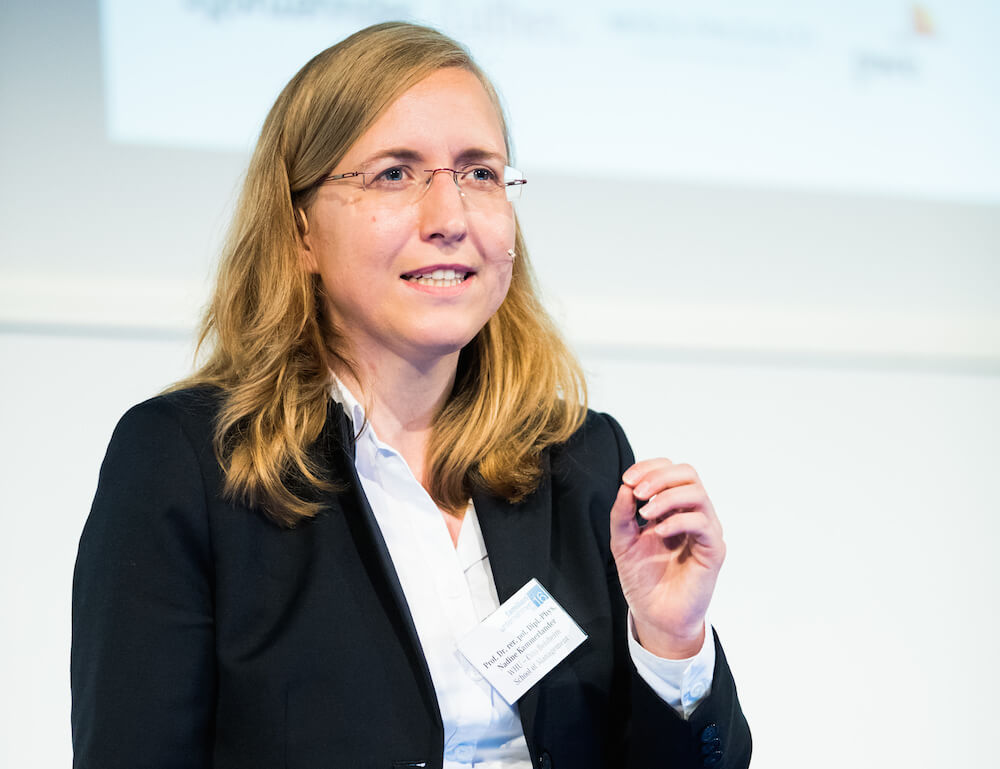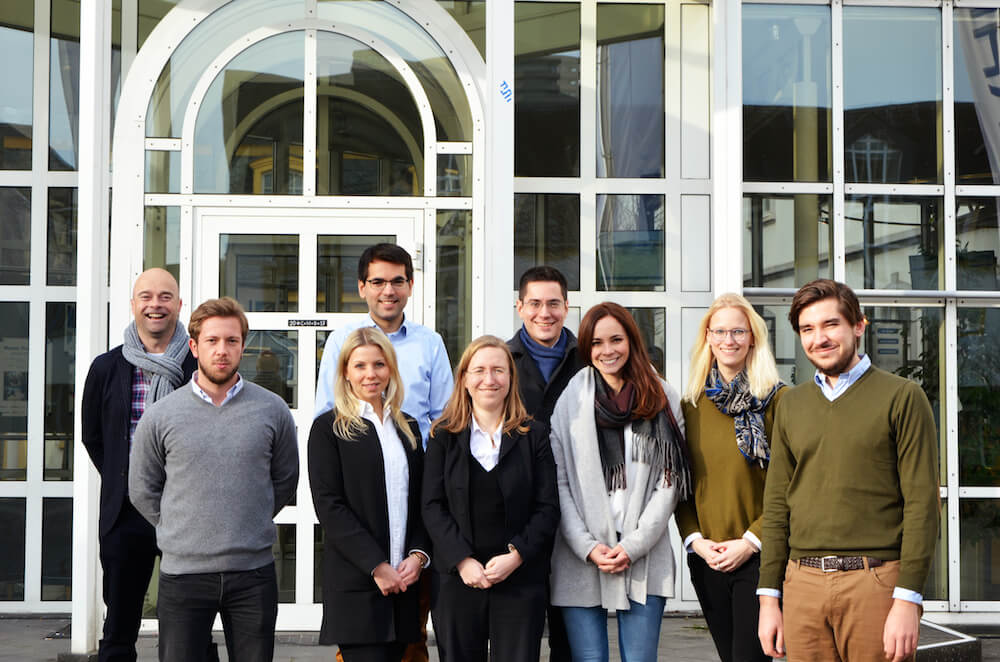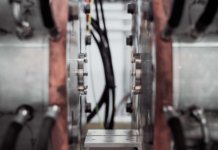Interview with Prof. Nadine Kammerlander, WHU Chair of Family Business, Germany
The challenges facing a family-owned business are wide-ranging; however, the Chair of Family Business sets out to become a thought leader by focusing on specific topics such as innovation, entrepreneurship, strategy, governance, and succession.
Through their research, Kammerlander and her team have come to discover that many conventionally held beliefs about family-owned businesses – such as that they lag in business innovation – are not true.
Tharawat Magazine sat down with Prof. Nadine Kammerlander to discuss her research and what the future holds for family-owned businesses.
You’ve been in this field for quite a while. What makes you so passionate about family businesses?
I believe family businesses are the backbone of our economy. Having said that, my background is quite different. I have a Masters in Physics and worked for a consulting firm for quite a while. It was during this time when my interest and passion for family-owned businesses really took root. I saw first-hand that they are major contributors to the economy, especially in Germany. And while they have so many strengths, they also have challenges that we typically don’t talk about at Universities. So I decided that after my consulting career, I would do a PhD in Family Businesses and I have never regretted it.
Tell us a little bit more about how you’ve seen the research field of family business evolve over these last few years. What are the main trends that are taking shape today?
I would say the biggest challenge is the perceived legitimacy of it as a field of study from both within and outside the field. When I was in my PhD program, I was at a doctorate consortium of a German University. When I said that I’m doing family business research, people looked at me and said, “Well, this won’t lead to a career at a German University.” And I said, “Yes it will. I don’t have to specialise in a broad field such as Entrepreneurship. Family Business is important enough that it will lead to a Professorship at a German University.”
I guess that nobody would need to make a statement like that in 2017, because today, most people agree that Family Business is a very relevant topic. The latest trend is a shift in focus from issues surrounding succession to a focus on leadership, innovation, and family governance.

Is there still a misunderstanding as to what constitutes a family firm?
Absolutely. I would say our task over the next few years is to have even more family business presentations in front of non-family business scholars, and encourage them to read our articles. Hopefully they will publish with us, so they have a greater awareness of the family business sector.
Can you tell us more about what you are doing at the Institute itself? What are your main interests at the moment?
WHU has a long tradition with family businesses because we have many family-owned businesses supporting us. We have many students who are next gen members from family businesses in Germany. Our specific areas of focus at the Institute, are innovation and digitalisation in family businesses. We’re interested in how family firms, and especially the traditional German Mittelstand, will l be able to survive in a digitalised world and still be innovative.
We still have a huge portion of the German Mittelstand which is not digitalised at all. What we’ve identified in studies so far, is how successful family businesses transfer from non-digitised to a digitisation phase, to become a fully digitalised firm in the end. It seems the ones who are going through a digital transformation are very good at spotting opportunities. They’ll use the money from the sale of a part of a non-core business for digital transformation.
Is entrepreneurship still the driving force behind the success of these companies?
Right, and those who are not successful are very often characterised by paternalism and having nobody from the family who supports digitalisation. Digitalisation works best when there is somebody from the family who supports it. But when the person pushing digitalisation is only 25 years old, and the business is running well, there can be reluctance on the part of the older generations to adopt it.
What many successful German Mittelstand firms do is what we call “Internal Corporate Venturing”. That means, the son, daughter, after his or her University studies, found their start-up financed by the family. This enables them to gain lots of experience, and in the best case, the things that they learn in the new venture can then be transferred to the core family business and help it in the digitalisation process.

In dealing with family businesses in Germany, do you feel that people realise a sense of urgency attached to digital transformation?
I would say that for the past couple of years, there’s been a real sense of urgency. Most of the family business owners and managers see the necessity; they just don’t know how to do it. And, of course, you have some who just don’t want to see it, because they feel very, very threatened and afraid.
Is this the usual fear of seeing competing interests between maintaining tradition and embracing new technology?
In general, what we have found is that family businesses are very good at innovating. They are very efficient and effective especially when it comes to making products better, of higher quality, and developing cheaper processes. The problem arises when you potentially have to stop something that you have done for many years. And if you look at a non-family businesses, it’s not a very hard decision to stop a product line and abandon what the person before you started.
[ms-protect-content id=”4069,4129″]
But when that person before you was your father or grandfather, it’s a lot tougher to stop a product line that a family member invented. This product, which probably made the family business grow, naturally leads to lots of emotional attachment. Because it is not just a product, those teddy bears, car parts, or whatever, over time they form part of the family identity. And deleting a part of the identity is always very painful.

How is the Institute benefitting the wider family business community? How are you bridging the gap between academia and family businesses?
We put focus here on generating academically sound knowledge. We also want to contribute or to distribute that knowledge to the broader family business community. One way we do this is through our students, many of whom are next gen family members. So we offer courses at all levels, the Bachelors, Masters and PhD levels. The top students get the opportunity to publish a summary of their Bachelor thesis in a book series that we put out once a year. We’re also active in the Executive Education Program. This year, we taught the businesses’ support network, bankers, lawyers, etc. on what is important for family businesses.
Germany always seems like a stronghold of common sense when it comes to politics and the economy. What do you see is going to be the role of family businesses in defining the future of German well-being and the economy?
In an increasingly unstable world, I think Germany is still a place that is relatively stable in many dimensions. It’s a good place for the economy. And it’s also a good place for family businesses.
In the future, I think family businesses will face some challenges. We already talked about challenges surrounding digitalisation in detail. Another challenge is attracting talent, especially in the more out-of-the-way locations. And of course, the question of whether or not the family businesses can convince the next generation to take over or not will always be an issue. But, if we see what the German Mittelstand firms have achieved in the last decades, there is a good reason for optimism. We believe that many family businesses will overcome those challenges, and continue to contribute a large portion to the German economy in the decades ahead.
[/ms-protect-content]














